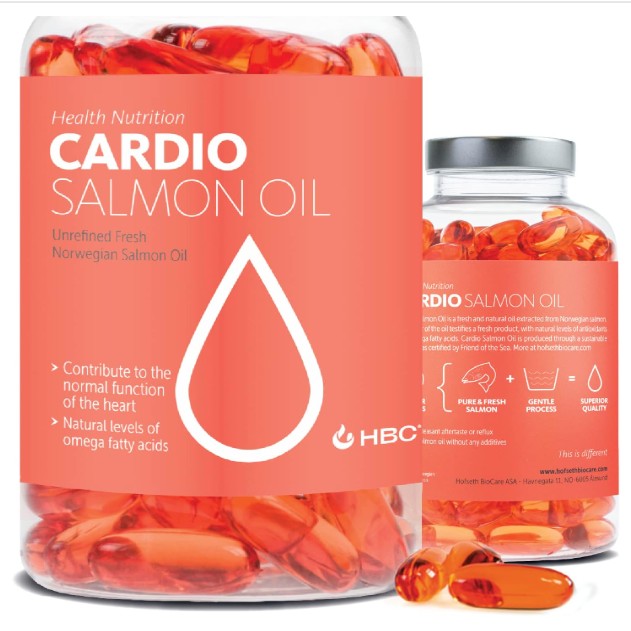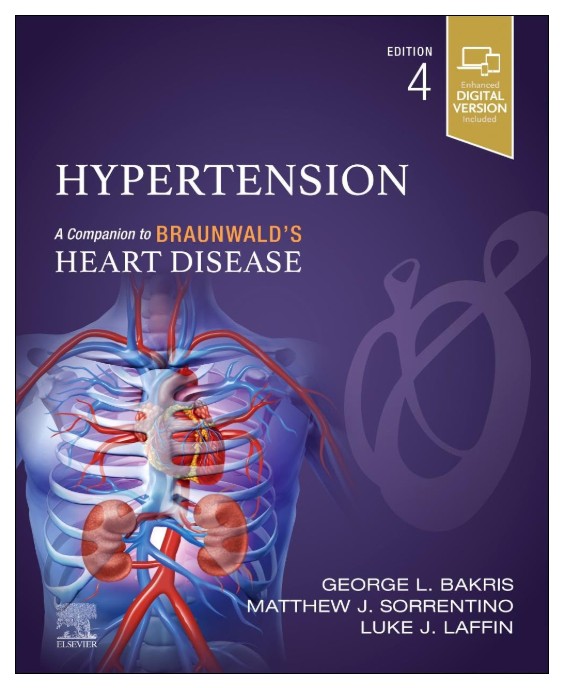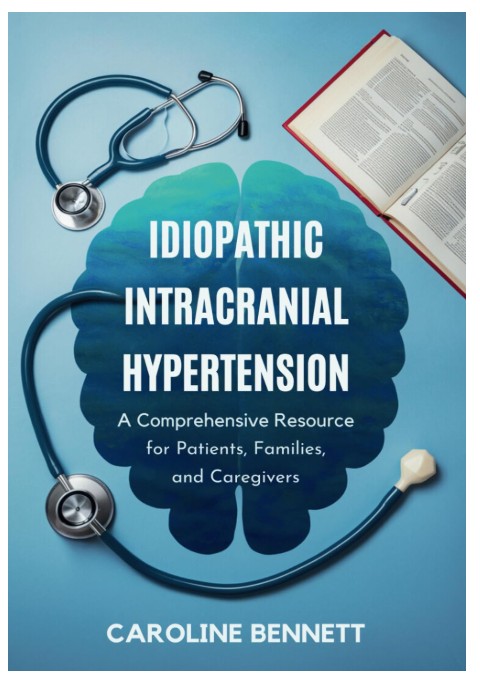Idiopathic Intracranial Hypertension (IIH), also known as Pseudotumor Cerebri, is a neurological condition characterized by increased intracranial pressure (pressure around the brain) without a detectable cause. This condition often mimics symptoms of a brain tumor, but no such tumor is present. The exact cause of IIH remains unknown, hence the term ‘idiopathic’. However, it is most commonly found in overweight women of childbearing age. Symptoms may include headaches, visual disturbances, pulsatile tinnitus (a whooshing sound in the ears), and occasionally, permanent vision loss.
Management of IIH aims to alleviate symptoms and prevent vision loss. Medication plays a crucial role in this management strategy. This article will delve into how different types of medications are used to manage IIH effectively.
Firstly, diuretics are commonly used to reduce cerebrospinal fluid (CSF) production and thereby lower intracranial pressure. Acetazolamide (Diamox) is the most frequently prescribed diuretic for IIH. It works by inhibiting an enzyme called carbonic anhydrase which reduces CSF production and decreases intracranial pressure. Studies have shown that acetazolamide can significantly improve visual function and reduce headaches in patients with IIH.
Secondly, corticosteroids may be used short-term to rapidly reduce inflammation and decrease CSF production. However, they are not typically used as a long-term treatment due to potential side effects like weight gain and osteoporosis which can exacerbate the condition.
In some cases where patients experience severe or worsening vision loss despite medication therapy, migraine medications such as topiramate might be used for their additional benefit of weight loss which indirectly helps control IIH symptoms.
Analgesics or painkillers can also play a role in managing the chronic headaches associated with IIH. However, overuse of these medications can lead to rebound headaches, so they must be used judiciously.
In addition to these primary treatments, lifestyle modifications such as weight loss and dietary changes are often recommended in conjunction with medication therapy. Weight loss has been shown to significantly improve symptoms of IIH and can even lead to remission in some cases.
In conclusion, medication plays an integral role in managing Idiopathic Intracranial Hypertension. It is used to alleviate symptoms, prevent vision loss, and improve the quality of life for individuals with this condition. However, it’s important to note that each patient is unique and treatment plans should be individualized based on the patient’s specific needs and circumstances. Therefore, a multidisciplinary approach involving neurologists, ophthalmologists, dieticians, and other healthcare professionals is essential for optimal management of IIH.



